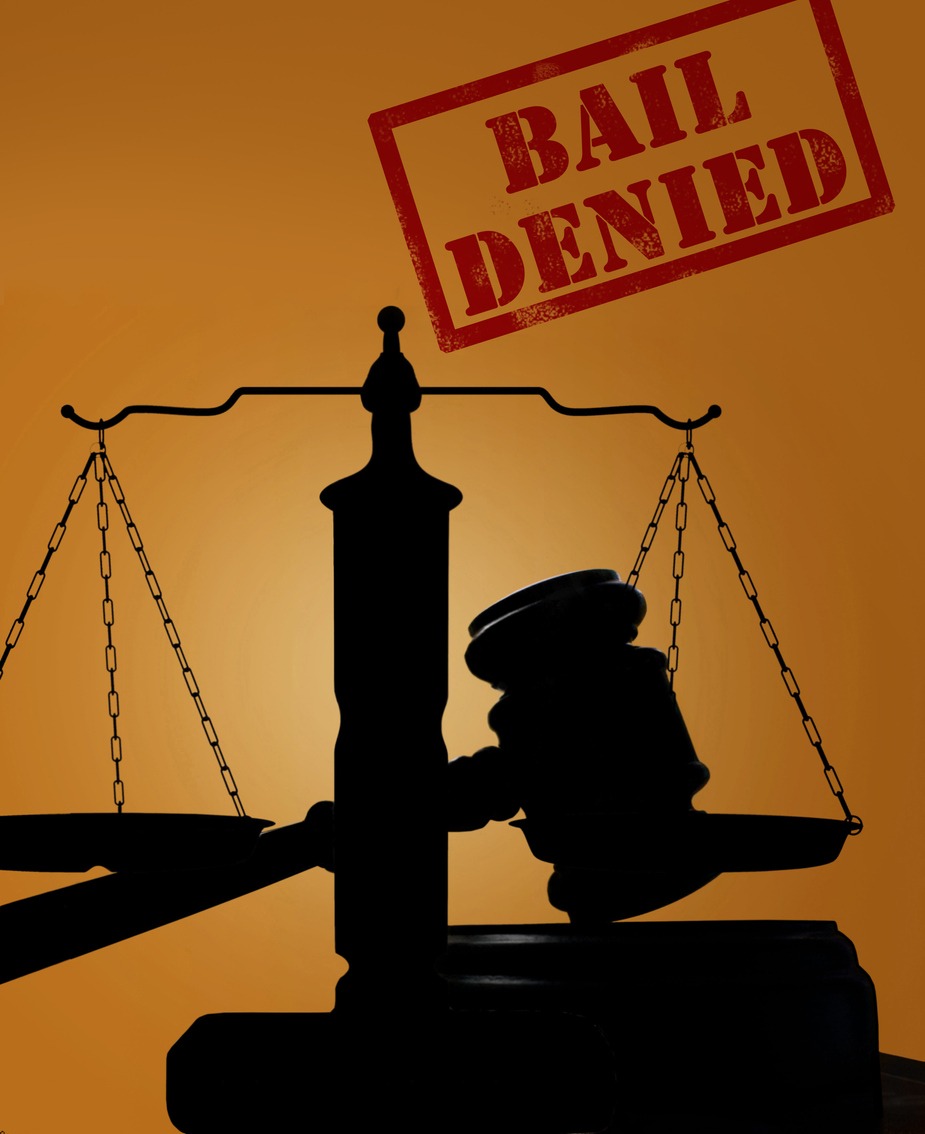Growing up, we were always taught to be on the right side and avoid trouble. But sometimes, as much as we try to be on the right side, we may still find ourselves in tight spots. For many people, being arrested is quite scary, and they can do everything to avoid it at all costs.
When one is arrested, they can be granted bail or denied if their bail is granted, they will be released from jail before their trial. If you or your friend or family has been granted bail, you may consider bail by phone to help get a convenient and fast release from jail. It is also important to note the different types of bail.
However, bail can also be denied for several reasons. Below are some of the most common reasons why a judge may decide to deny a suspect bail.
1. Flight risk
The bail works in such a way that money or any other kind of property is deposited in court to secure the release of the person arrested with one condition that the suspect needs to appear at their trial. However, when the judge believes that the arrested suspect will use bail to try and leave the country, they may deny the suspect bail. This may include if the suspect has access to private jets that they can use to fly to other countries or if they are citizens of another country.
2. The severity of the crime
Of course, this is one of the main reasons why a suspect may be denied bail. If a suspect has committed a severe crime, such as rape, armed robbery, or murder, it may be quite tricky for them to be granted bail. The judge may rule that the severity of the criminal act is too high for the suspect to be safely returned to the public before their trial.
3. A threat to the public
Bail is only granted to suspects who are not deemed as a threat to the public. A suspect who is charged with a crime that is violent, such as terrorism, rape, murder, etc., could be perceived as a threat to the public.
The judge must put the safety of the public in mind when considering granting a suspect bail. If they believe that giving a suspect bail would put the safety of other people at stake, they have the right to deny it.
4. Repeat offense
If you have been convicted of a crime time and time again, the chances of your bail getting denied are very high. The habit of repeating offense will show that the suspect is not learning any lesson. So, a judge will view their bail application with a lot of doubt because the suspect has proven that they cannot be trusted easily. Getting into more trouble will show the judge that the suspect isn’t using their freedom wisely. Because of this, the suspect is not likely to obtain bail, especially if it is the same crime.
